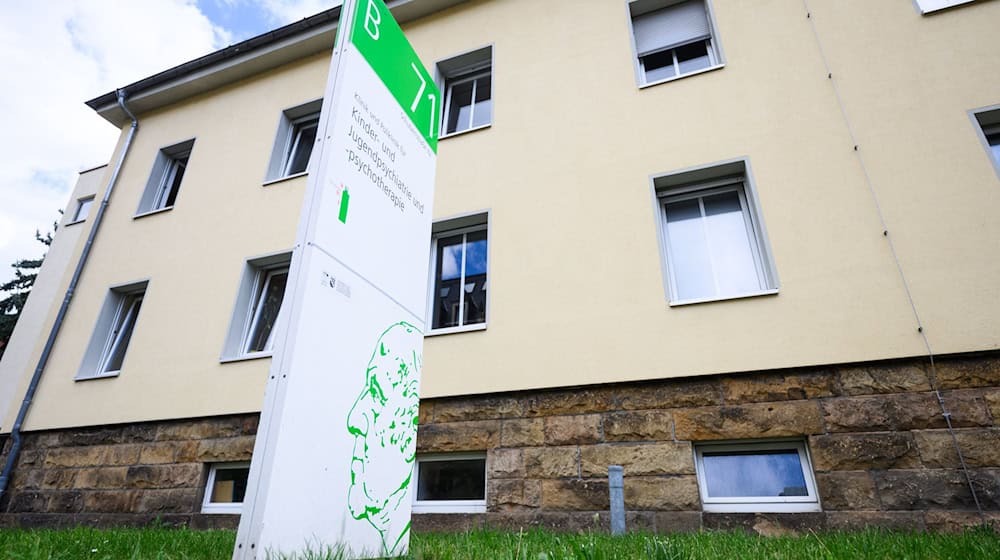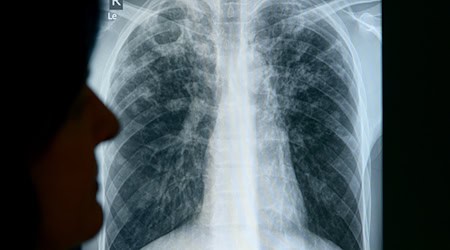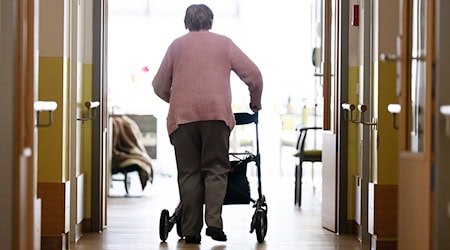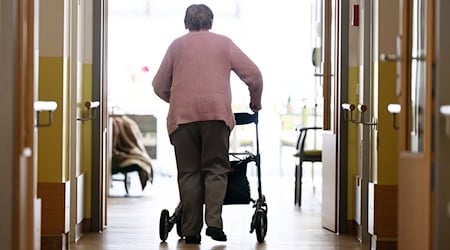The situation in child and adolescent psychiatry in Saxony is worrying, according to one expert. "Despite numerous activities, there is a massive undersupply, and the situation has become even worse since the coronavirus pandemic," Veit Roessner, Director of the Clinic and Polyclinic for Child and Adolescent Psychiatry and Psychotherapy at Dresden University Hospital, told the German Press Agency.
Places increased according to the plan, but not available in reality
According to the current hospital plan, the number of places in child and adolescent psychiatry and psychotherapy in the Free State has increased from 245 to 303 places within six years. When asked, the Ministry of Health stated that it had been considerably more difficult to get a place during and after the coronavirus pandemic - a situation that continues to this day.
"The officially reported number of places is a target, because a non-negligible number of places are not even available in the clinics," emphasized Roessner. In large cities such as Leipzig and Dresden, for example, there are enough junior doctors, but too few rooms to create more treatment capacity. This shortage is mainly due to the fact that decision-makers still attach too little importance to the specialty.
Waiting times of up to two years
As a result, there are considerable waiting times depending on the diagnosis. According to Roessner, this is around 33 weeks for tic and obsessive-compulsive disorders and even two years for autism outpatient treatment. "And the longer the disorders go untreated, the worse the patient's condition becomes and the more difficult it is for those around them to cope." There are also always desperate parents who - out of understandable need - seek help from dubious services.
Expert: It's like a repair shop
"We are overrun by urgent cases that we are not actually responsible for or that could have been avoided," said the doctor. He compared the work of his team to a "repair store when much is already too late".
It is therefore all the more important that child and adolescent psychiatry is established as the central lead authority for problems in childhood and adolescence. All measures should be coordinated by them - whether in schools, youth welfare offices, the healthcare system or other support systems. Only through interlinked processes and coordinated transitions can help start earlier, be more effective and thus help significantly more young people effectively while capacities remain too low, explained Roessner.
Significant increase in eating disorders and anorexia
According to the clinic director, there has been a significant increase in cases of eating disorders, including anorexia, for several years, and those affected are getting younger and younger. The reasons for this are an unfavorable family climate, but also social media. "Here, girls, most of whom are young, are made to believe that they live in a supposedly perfect world with photos of their role models that have been optimized with the help of filters, elaborate image editing or even cosmetic surgery."
At the moment, living community is less important, the value of relationships is decreasing and arbitrariness is increasing. It is therefore not surprising that patients in his clinic report after just a few days that they benefit from a regular daily routine that they can also rub up against from time to time, explained the doctor.
Copyright 2025, dpa (www.dpa.de). All rights reserved










